Welcome to Links 2: Articles to Read For Parents and Educators, an occasional series. These posts highlight articles focusing on parenting, education, and disabilities. I also include any other general articles helpful to parents and professionals working with children, and this is our second post in the series.
This month, you’ll learn how a barber shop is encouraging reading, about a mental health crisis in our school system, and why using filler words might not be so bad after all.
Read on for the links!
1. Choose A Book And Read To Your Barber, He’ll Take A Little Money Off The Top
This was my favorite article of the week! In real life, it can sometimes be hard to find a win-win situation. Well, this barber shop (located near Ann Arbor, Michigan) found an excellent win-win. If children read a book to their barber while getting a haircut, they’ll get $2 off their cut.
The barber shop (called Fuller Cut) has a variety of books to choose from. Children can pick a book and read it aloud while they get their hair cut. Just as important, your barber will quiz you on the book you read. After all, they want to know you understand what you are reading!
You can find the article here.
2. Mental Health In Schools: A Hidden Crisis Affecting Millions Of Students
One in five kids in the US shows signs or symptoms of a mental health disorder. The author calls this a silent epidemic.
This article describes the jobs of the school employees we assume will help these children. After describing what these employees are expected to do, the article describes the reality of their position. Unfortunately, the reality is pretty harsh. By the end of the article, you realize we assume supports are in place that just aren’t.
For example, we may assume the role of the school principal could be responsible for helping kids with behavior and mental health challenges. Wouldn’t that be a big part of their job? The reality is “principals also have a lot on their plates: the day-to-day management of student behavior, school culture and teacher support.” This article details many more roles, including some sobering reality on our expectations of these roles versus the reality of these positions.
Ultimately, who should help students struggling with mental health? We all should. Are the supports in place? Probably not.
This is a topic near and dear to my heart. I have worked in schools or contracted with schools for nearly a decade. I can say from experience, the need is real. Let’s get some support for these students, stat.
3. Filler Words Like “Um” Aren’t All Bad, and Can Be Used to Your Advantage
This week, I’ve been sharing this article with teachers I know.
Turns out, filler words (um, like, I mean) can make you seem more conscientious. Also, filler words add space in the conversation, which can help with listener recall. By using filler words, you are helping the person you are talking to process what you say.
Of course, saying “um” and “uh” a lot may not help you seem any smarter. Experts suggest using words like “I mean” or just pausing if you need some filler.
So, go forth! And… um… (I mean…) start using those filler words with impunity!
I hope you enjoyed this month’s recommended reads. I’ve been sharing story 1. with colleagues this week. Also, I had a long discussion with some teachers this week who agreed with article 3. and others who didn’t.

